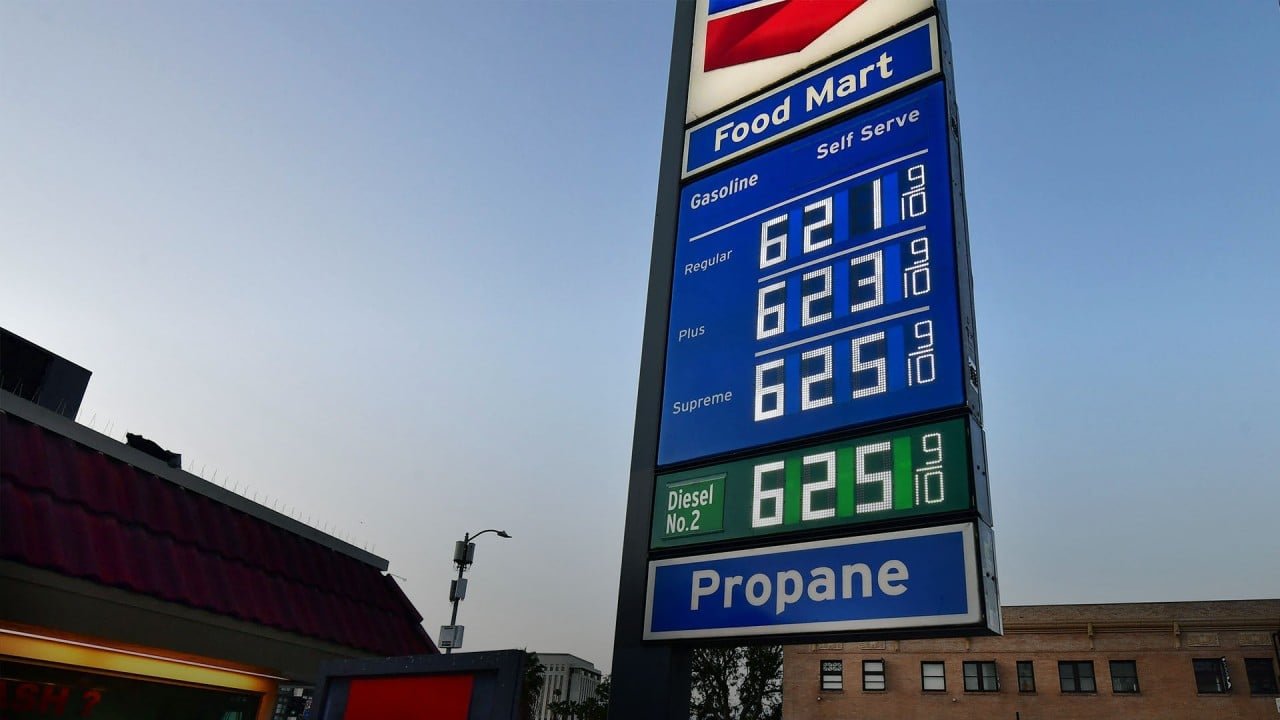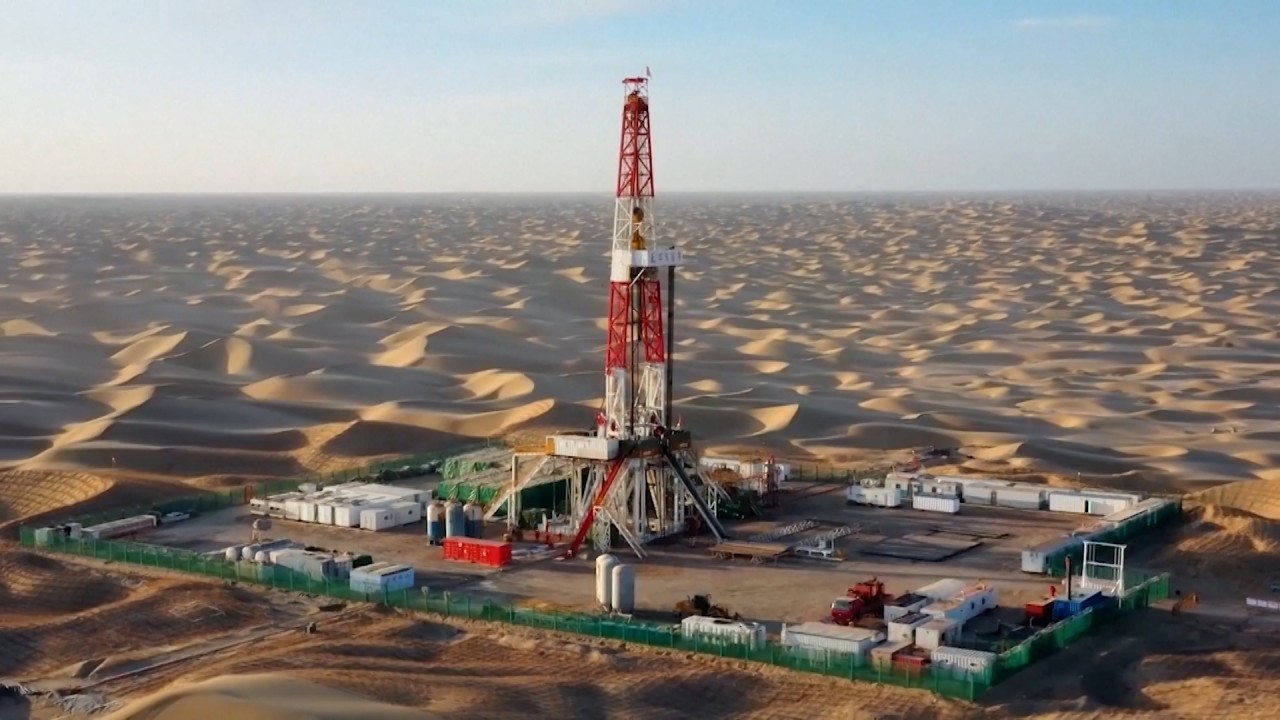
China energy blueprint pushes independence as ‘opportunities’ with Russia grow
- The 14th five-year plan says China is in a ‘critical stage’ of ensuring energy security as new and old risks become ‘intertwined’
- Though the blueprint stresses independence and import diversification, energy cooperation with Russia is tipped to grow
The country is in a “critical stage” of ensuring energy security as new and old risks become “intertwined”, according to the 14th five-year plan for 2021-25 that was published on Tuesday.
The plan said China must supply more of its own energy needs by 2025, while advocating for larger domestic oil and gas production and clean energy cooperation with other countries, including the United States.
The new energy directive is more sophisticated than those in previous years, taking into account both low-carbon development and energy security, said Lin Boqiang, dean of the China Institute for Studies in Energy Policy at Xiamen University.
Not only the Russia-Ukraine conflict, but also the power shortages last year woke China up
“In the process of energy transformation, China is still a developing country and its energy demand will continue to grow.”
Policymakers set a target for annual crude oil output to top 200 million tonnes in 2022, a moderate increase of 0.5 per cent from last year. Since domestic production fell below 200 million tonnes in 2016, China has struggled to return above the threshold.
Domestic output has lagged growth in consumption, leading to increasingly higher dependence on imports over the past six years – sparking worry among experts and regulators.
The energy blueprint was circulated by the National Development and Reform Commission (NDRC), the country’s top economic planner, and the NEA in January – well before Russia’s invasion of Ukraine – although the full text was only made public this week.
China’s leadership has signalled a growing focus on self-sufficiency in key commodities, from energy to soybeans, since President Xi Jinping said a limit needed to be established for import reliance at the central economic work conference in December.
The message of self-reliance was underscored in the “two sessions” parliamentary gatherings earlier this month, when Russia’s invasion of Ukraine triggered waves of sanctions against Moscow that have rippled through global energy supply.
“Ensuring security is the top priority of energy development,” NEA officials said in a statement on the five-year plan on Tuesday.
Some 72 per cent of crude that China consumed last year was imported, down 1.6 percentage points from a year ago – the first fall in two decades – but still higher than 70.8 per cent in 2019, according to China Petroleum and Chemical Industry Federation.
Dependence on foreign natural gas rose 2.8 percentage points to 44.4 per cent in 2021.
A total of 15.5 per cent of China’s crude imports and 10 per cent its natural gas came from Russia, according to the National Bureau of Statistics.
China wants to boost annual output of natural gas to 230 billion cubic metres by 2025, a 12 per cent increase on 2021, as a part of efforts to lift overall annual domestic energy production capacity by 12.7 per cent over the same period.
Policymakers also called for greater diversification of energy imports and the development of overseas energy projects, especially in oil and gas.
Lin said he expected more energy cooperation with Russia amid rising tensions between Moscow and the West, and because the two countries share a border.
“But that doesn’t mean giving up the Middle East and other places, because you can’t put national energy security in a single country,” Lin said.
“The opportunities between China and Russia will be better, but [China] also must strive to maintain and expand other channels.”
Ren Zeping, a renowned Chinese economist, said China could face sanctions from the US and Europe if it buys more Russian energy, but it could come under even larger inflationary pressure if it chose not to.
“Under the great changes in global energy, the security of China’s energy supply is facing greater uncertainty,” he said at a virtual seminar held by the Renmin University on Saturday.
The latest five-year energy plan also emphasised carbon neutrality, saying China would “develop nuclear power in an active, safe and orderly manner”.
The plan called for clean energy cooperation between China and the US, deeper China-EU cooperation in energy technology innovation, and use of the Belt and Road Initiative to influence in global energy governance.



